
Chief of the Army Staff General Ashfaq Parvez Kayani said on December 23 that there would be no takeover of the government through a coup d’état, calling all speculation about it “misleading” rumours aimed at diverting ‘focus from the real issues at hand’. This was his answer to Prime Minister Yousaf Raza Gilani’s statement that there was conspiracy afoot to get rid of his government. He had also made an oblique reference to the army making an issue out of the ‘memorandum’ issue. General Kayani, however, insisted that issues of national security had to be handled on merit, which confirmed that he was not about to let the PPP government off the hook from the memogate case being heard at the Supreme Court. The PPP assembled its core committee to deliver its own rejoinder to General Kayani, warning that institutions of the state should not trespass into one another’s domain. Here is the concealed objection to the Supreme Court and the army interfering in the work of the executive. The army chief’s statement, taken together with Chief Justice Iftikhar Muhammad Chaudhry’s clearly expressed opposition to any coup by the army, has been welcomed by the opposition parties and the media discussants. For the PPP, however, all these are interested parties who want to see the back of the government sooner — deemed against the Constitution — rather than later, which would be some time in 2013 through a general election.
If one reads between the lines, it could be a case of the military seeming to be relying on the honourable court to do what most people in Pakistan, apart from the PPP and its coalition partners, want: removal of the government one way or another. The Supreme Court is the linchpin in this and the entire nation thinks that an activist Supreme Court is actually an independent Supreme Court, apart from the lawyers’ community that appears at the apex court and thinks — through its annual election of the Supreme Court Bar Association — that an activist Supreme Court is also obliged to exercise judicial restraint. Of course, in this is lost the debate over who should invoke the national interest. The army chief seems to have done it but surely it is in the nation’s interest that its Constitution be paramount and all institutions abide by its dictates.
Chief Justice Chaudhry has already given us a glimpse of what will happen if President Zardari is impugned: if the government thinks that the president is immune from litigation under Article 248 of the Constitution, it should come before the court and ask for this immunity. Although some eminent lawyers like Aitzaz Ahsan think that the presidential immunity is blanket, many others don’t agree. They say that: ‘Article 248 gives protection to acts done in good faith and cannot be construed to extend blanket cover for unlawful and unconstitutional acts. It is more or less certain that if presidential immunity is sought it will be refused and President Zardari may be ‘impleaded’. If he is found involved in the memo case, the court may direct the state under another article to carry out its orders after the negative verdict. If that were to happen, there will be a moment of decision for the army chief: will he leave the executive under which he functions to carry out the order, or will he pressure the government to leave, or will he do nothing? Of course, if the PPP led government is bundled off this way, it will emerge as a martyr.
Had the Supreme Court wished, it could do a bit of the suo motu thing and pause on the federal affidavit lying with it saying the federal government had no control of the army and the ISI. The Constitution does not accept that the army should de facto or de jure be exempt from the writ of the popularly elected executive. The opposition headed by the PML-N knows full well what is meant by the content of the affidavit because it was toppled in 1999 after a disagreement with the army chief over foreign policy. But it will not react because it is the PPP that is losing this time. No one can deny today that the army still runs the country’s foreign policy, joint resolutions by parliament notwithstanding. The national consensus against the PPP defies the rule of majority embedded in the Constitution.
Published in The Express Tribune, December 25th, 2011.
COMMENTS (2)
Comments are moderated and generally will be posted if they are on-topic and not abusive.
For more information, please see our Comments FAQ


















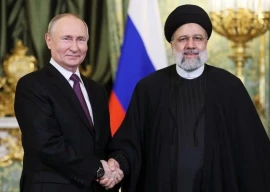
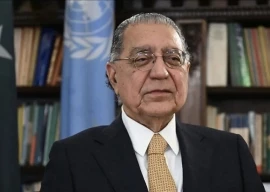
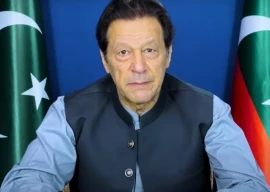
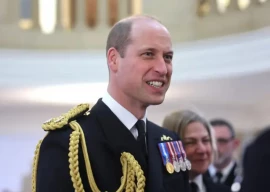
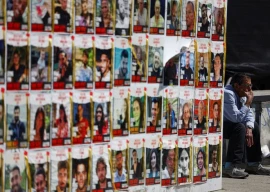
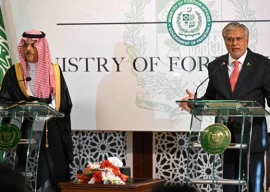















Both army and PCO SC are playing games to change the verdict of people of Pakistan. What would happen if the govt is allowed to complete its term? Nothing in Pakistan is more important than an unsigned piece of paper that is written and delivered by a shady character. Both parties want more blood after they tasted some. Constantly attacking and blaming the powerless govt and then telling the public that it has not done much for the people of Pakistan.